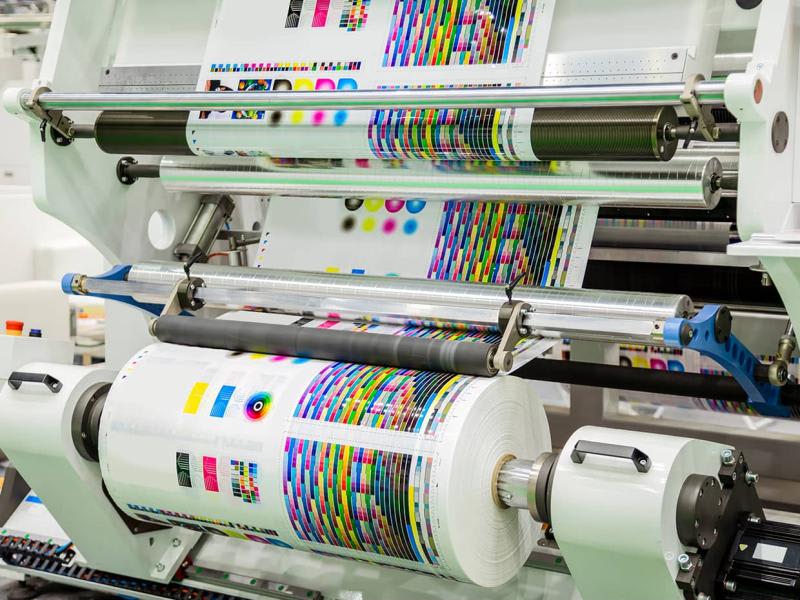In recent years we’ve seen a significant increase in small businesses producing a range of boutique beers, ciders and spirits, in addition to the significant number of fine wineries in our state’s peak tourism areas.
While many of these producers are small in nature, there is a complexity to the various acts they each need to comply with in relation to the taxation of alcoholic products.
Since 1901 the Federal Government has used several import duties, taxes, and excise charges on alcoholic products, to extract a consistent stream of revenue. Being excise, the income to the government is not on a taxable income basis but on a production quantity basis, regardless of market price, cost of production or profit or loss. Thankfully for most small operators, due to small producer concessions, they are not required to pay excise or Wine Equalisation Tax (WET) to the government. However, for excise in particular, the concessions on excise payment do not remove the requirement to report and maintain records on the production of licenced products.
A producer of an excisable alcoholic beverage must obtain an excise licence to enable them to legally manufacture, produce and/or store excisable goods in Australia. The manufacture licence will specifically identify the type of excisable alcohol product you can manufacture, where you can produce this and what you can do with this product. You must maintain records to show your compliance with the specific conditions of this licence. The ATO has the absolute right to enter the premises for the auditing of the licence condition and requires full access to all materials, records and premise in these activities.
While a business may produce the alcohol and sell it to a third party to on-sell for consumption, the movement of the goods needs the permission of the ATO and all goods remain under bond until duty is paid on those goods. In effect, the legal ownership of the products transfers to the Government until duty is settled.
SMALL PRODUCERS
For small producers, there is relief of sorts, in the obtaining of Periodic Settlement Permission (PSP), which allows for the monthly reporting of reportable excise to the ATO and the statutory approval for movement of product. This must be detailed into the batches and quantity of sales, types of alcohol produced in relation to its deemed Excise Tariff Rate. Small producers who are not required to pay excise to the ATO, are still required to complete the PSP monthly and submit to the ATO.
In having a licence to produce an excisable product, a producer must comply with the conditions of the licence and that means compliance with the acts, stringent record keeping and stock management requirements. Having a small producer excise concession doesn’t remove the record keeping and stock management obligations.
Small producers must also understand that the not all types of alcohol products have excise applied equally. A producer who makes ginger beer at 4.9% would have an excise duty of $234.96 payable on 50ltr keg it sells. If that same producer also made a 4.9% beer, the excise duty payable on a 50ltr keg would be $73.296. The effect of the significant variance on how excise is applied to products is amplified when we consider all produces have the same excise concession limit of $350,000.
For the producer of ginger beer at 4.9%, they will max out the excise concession when their turnover reaches $521k. However, a brewery producing a 4.9% beer will max out their excise concession cap when their turnover reaches $1.67 million. With the complexity of the excise act and the implications/impacts on business growth and day to day operations, producers should seek expert advice to ensure they maximise opportunities.
FOR MORE INFORMATION
To find out more on excise duty get in touch with your local RSM office today.





